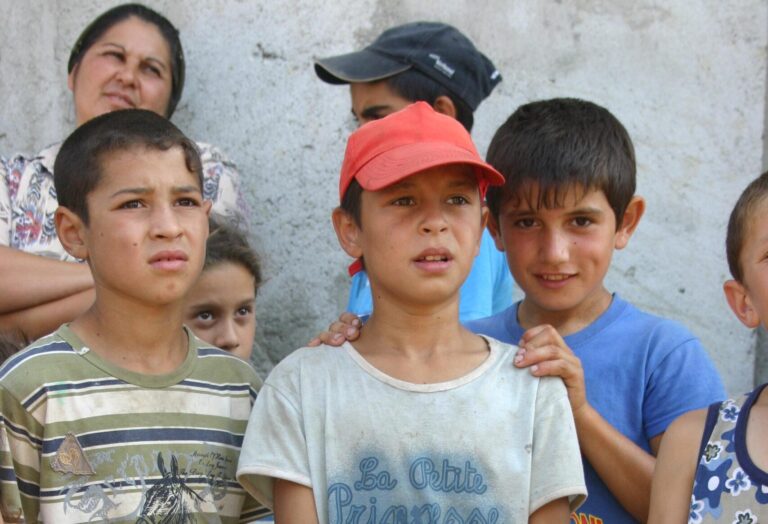10 Facts About Hunger in Romania
1. Historical Context
Romania has faced numerous challenges throughout its history, leading to periods of economic distress. These issues have contributed to ongoing problems with hunger in various regions. The legacy of past political regimes and economic mismanagement continues to affect food security.
2. Current Statistics
Recent data indicates that a significant portion of the population struggles to afford nutritious food. Approximately 1.2 million Romanians experience severe food insecurity. This statistic highlights the urgency of addressing hunger in the nation.
3. Impact of Poverty
Poverty remains one of the leading causes of hunger in Romania. More than 25% of the population lives below the national poverty line. Without adequate financial resources, accessing sufficient food becomes nearly impossible for many families.
4. Rural vs. Urban Disparities
The issue of hunger is more pronounced in rural areas compared to urban centers. Rural households often face higher rates of food insecurity. This disparity raises concerns about equitable access to food across different regions.
5. Government Initiatives
The Romanian government has implemented various programs aimed at combating hunger. These initiatives include food assistance and social welfare programs. However, challenges remain in effectively reaching those most in need.
6. Role of Nonprofits
Nonprofit organizations play a crucial role in addressing hunger in Romania. These organizations provide food aid and nutritional programs. They work tirelessly to fill the gaps left by government initiatives and support vulnerable populations.
7. Child Hunger
Child hunger is a particularly pressing issue within Romania. Many children go to school without proper meals, impacting their health and education. This cycle of poverty and hunger can perpetuate further socioeconomic challenges.
8. Food Waste
Food waste is a significant problem in Romania, with tons of food discarded each year. Despite rising hunger levels, approximately one-third of food produced is wasted. Efforts to reduce food waste could significantly alleviate hunger issues.
9. International Aid
Romania receives international aid aimed at improving food security. Collaborations with foreign governments and NGOs help bolster local efforts. These partnerships are essential for creating sustainable solutions to hunger.
10. Future Outlook
The fight against hunger in Romania requires continued commitment and innovation. Engaging communities and fostering sustainable practices are key to progress. A collective effort is necessary to ensure that all Romanians have access to sufficient and nutritious food.
For more detailed insights on hunger issues in Romania, visit this comprehensive resource.

